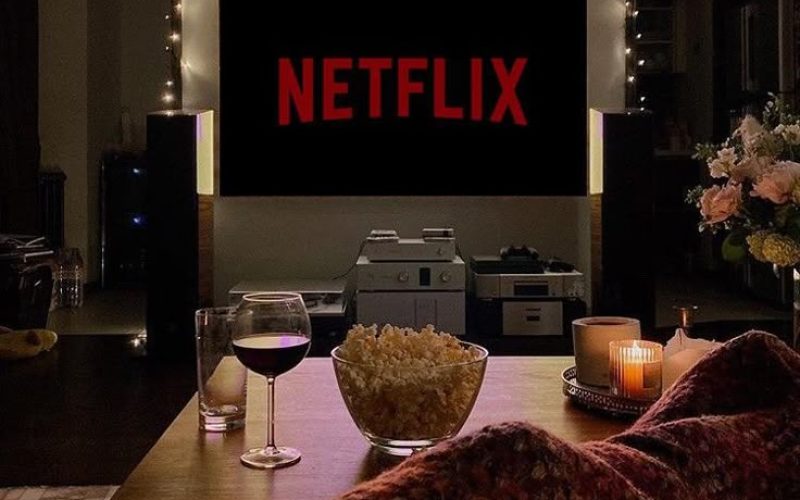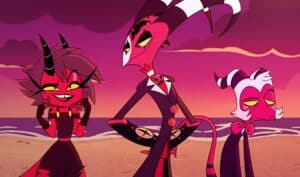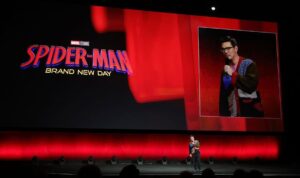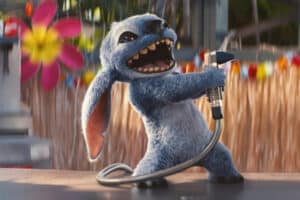TV used to play it safe—easy plots, predictable endings, rinse and repeat. But somewhere in the early 2000s, something shifted. Suddenly, TV wasn’t just competing with movies—it was beating them at their own game. The 21st century brought us shows that broke every rule, flipped genres inside out, and gave us characters we couldn’t stop thinking about. These 10 shows didn’t just entertain us—they made us rethink what television could be. Let’s get into it.
1. Breaking Bad
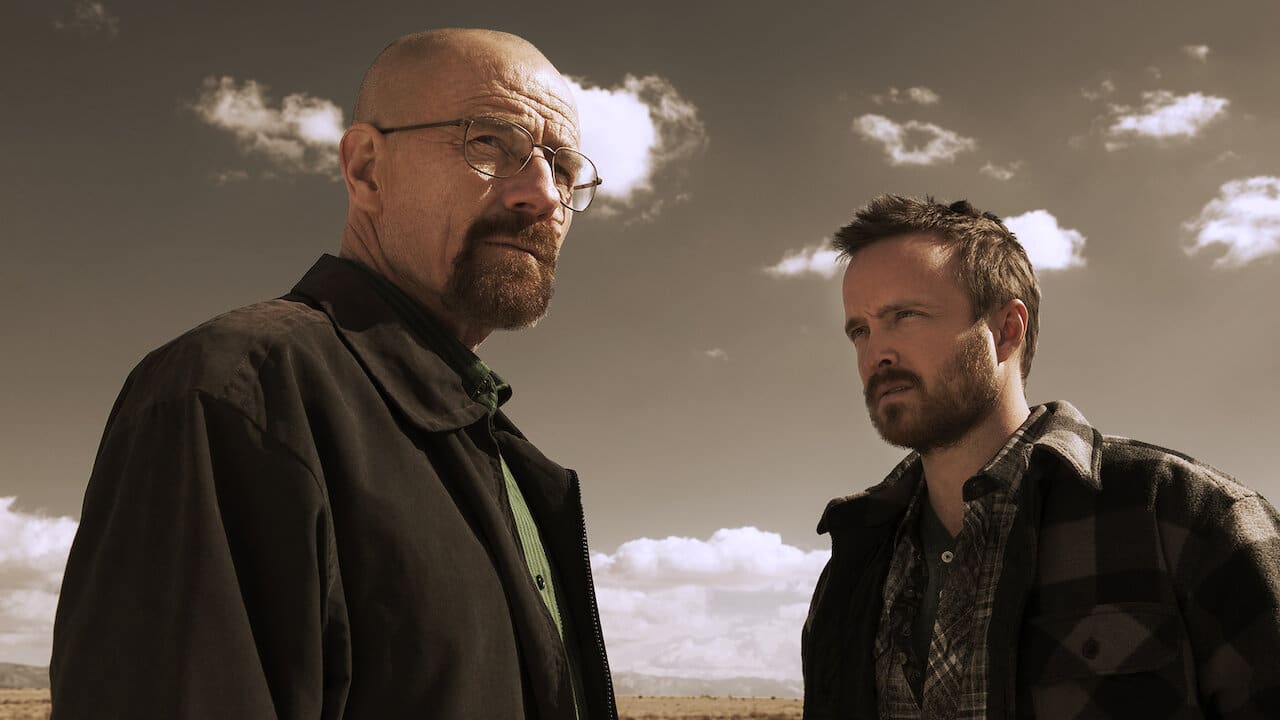
There’s a reason Breaking Bad shows up on almost every “best of all time” list. It’s not just the story—it’s how the story is told. What starts as a desperate man trying to make ends meet slowly turns into a chilling portrait of pride, power, and consequence. Walter White’s transformation is so carefully mapped that you almost don’t realize how far he’s fallen until it’s too late. The writing is airtight, the acting is next level (Bryan Cranston and Aaron Paul are unreal), and the tension? Constant. This show didn’t just raise the bar—it is the bar.
2. BoJack Horseman
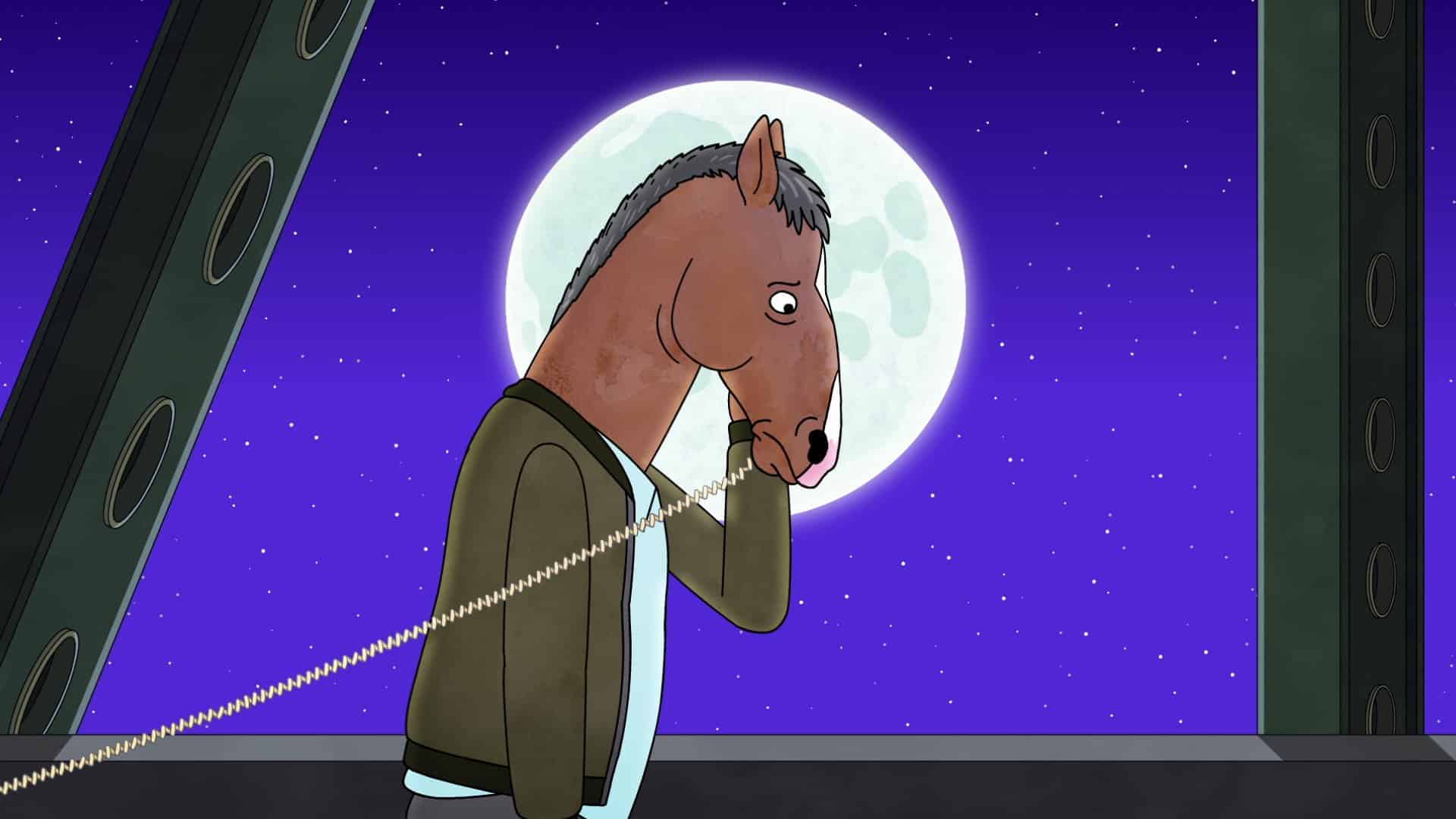
On paper, BoJack Horseman sounds like a weird joke: a washed-up ’90s sitcom star who’s also a horse tries to find meaning in his Hollywood mess of a life. But once you start watching, you realize it’s doing something no other show is—animated or otherwise. It tackles addiction, self-hate, the hunger for validation, and the brutal cycles people fall into… all while delivering razor-sharp comedy and surreal visuals. There’s a whole underwater episode with almost no dialogue that’s still one of the most moving things ever aired. It’s a show that makes you laugh and makes you uncomfortable in all the right ways. And when it hurts, it hurts.
3. Hannibal
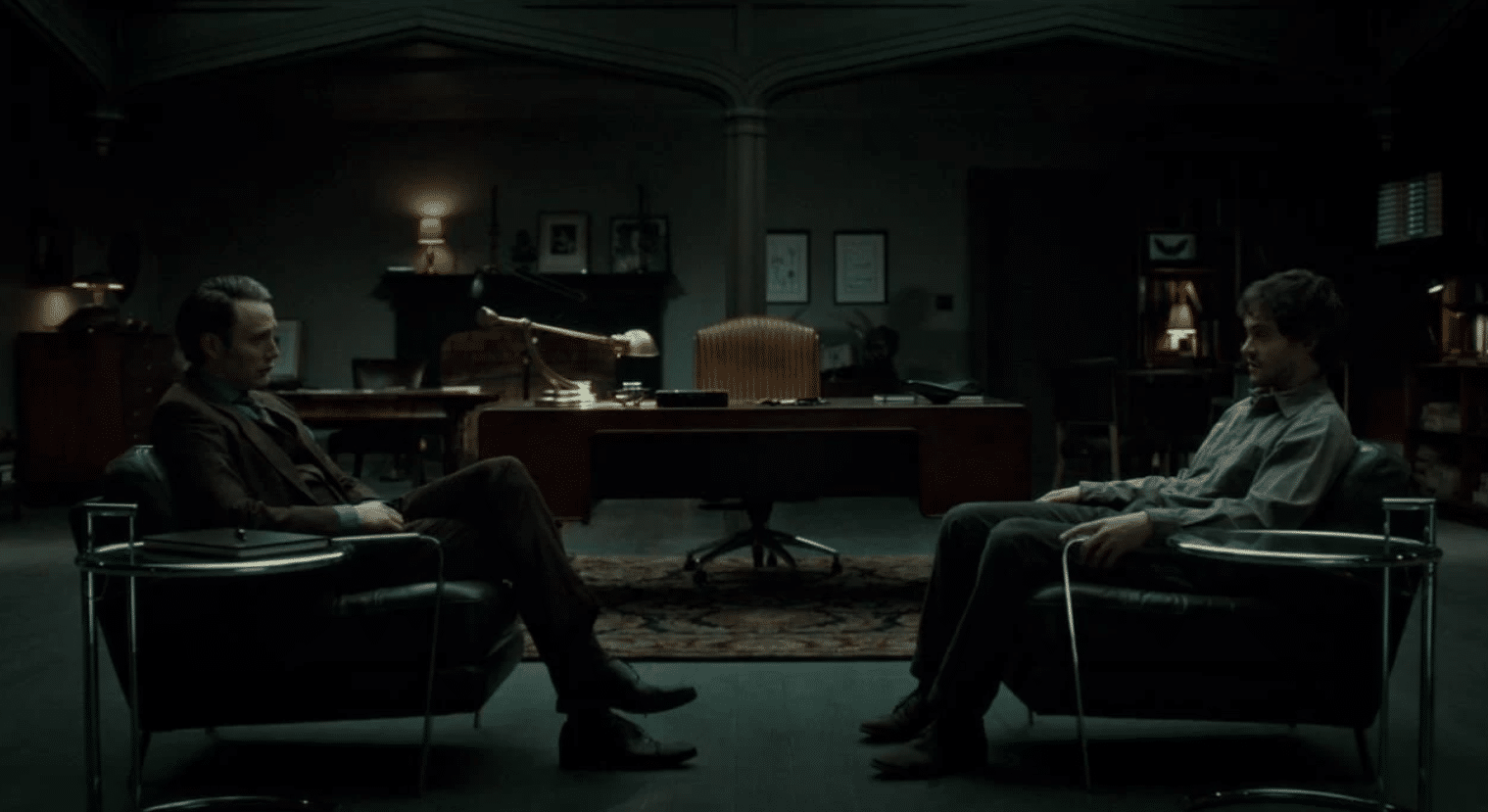
If you told someone in 2013 that one of the most artful, disturbing, and psychologically rich shows on TV would be airing on NBC—network TV—they’d think you were joking. But Hannibal pulled it off. It turned a well-known franchise into something entirely fresh: a slow-burning fever dream where every frame looks like a painting and every murder is disturbingly beautiful. Mads Mikkelsen reinvented Hannibal Lecter—not as a copy of Anthony Hopkins’ performance, but as something colder, quieter, and more elegant. The twisted relationship between him and Will Graham (Hugh Dancy) walks this hypnotic line between friendship, obsession, and destruction. It’s gory, yes—but it’s also poetry.
4. Gravity Falls
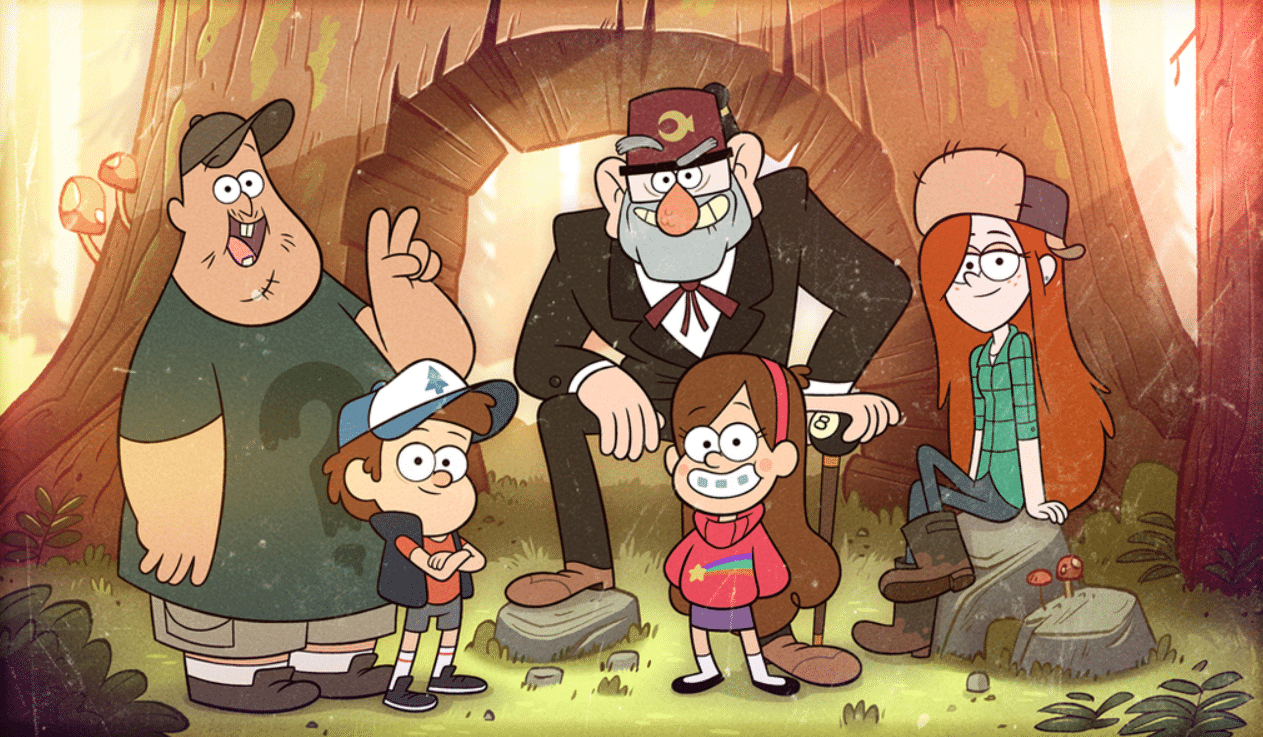
Don’t let the Disney XD label fool you—Gravity Falls is one of the most intricately plotted, genre-blending shows of the last two decades. It’s got a goofy surface (summer vacation! Mystery shack! Gnomes that puke rainbows!), but beneath that, it builds a legitimately deep mythology full of puzzles, hidden codes, and an overarching mystery that slowly unfolds across two perfect seasons.
It pulls off a rare trick: it treats kids like smart viewers and gives adults plenty to chew on too. And emotionally? It hits. Sibling love, growing up, saying goodbye—all of it lands harder than you’d expect. Honestly, the fact that it ended when it chose to—instead of dragging things out—is just more proof it knew exactly what it was doing.
5. Fleabag
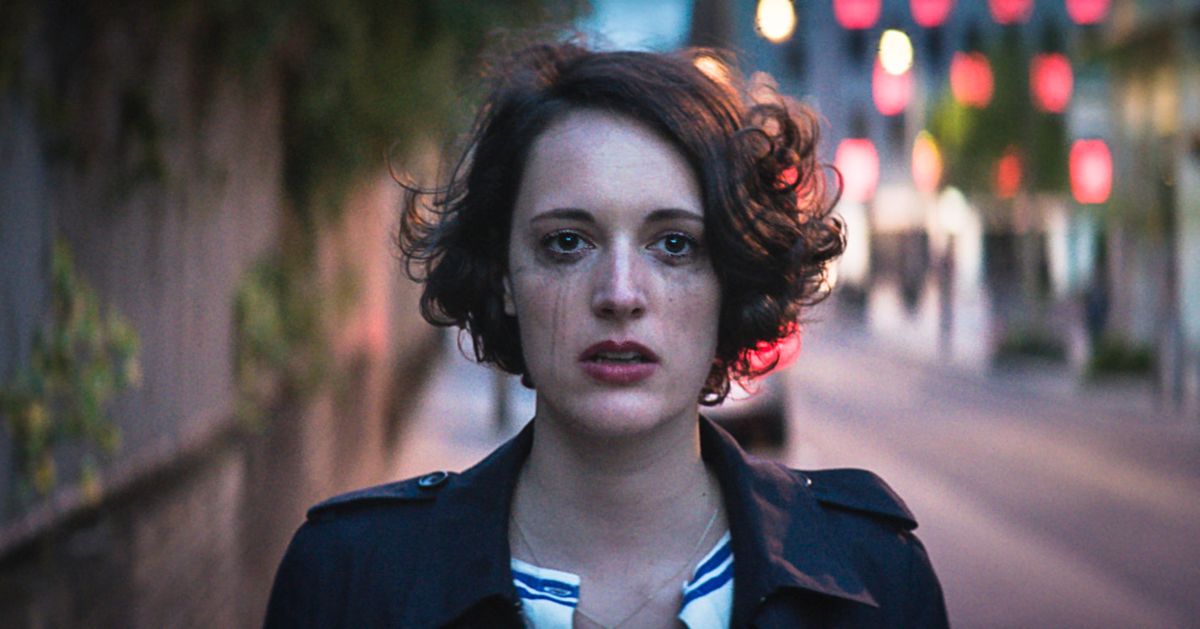
Some shows try really hard to be edgy or raw—Fleabag just is. It’s funny in a brutally specific way, and sad in a way that kind of sneaks up on you and then refuses to let go. Phoebe Waller-Bridge created a character so flawed, so human, that it feels like she’s confessing directly to you (and sometimes she is). The fourth wall breaks aren’t gimmicks—they’re a lifeline, a coping mechanism, a way to avoid intimacy that the show slowly strips away. Season 1 is great. Season 2? Damn near perfect. It’s smart, messy, painfully real—and it says more in 12 episodes than most shows do in six seasons.
6. The Leftovers
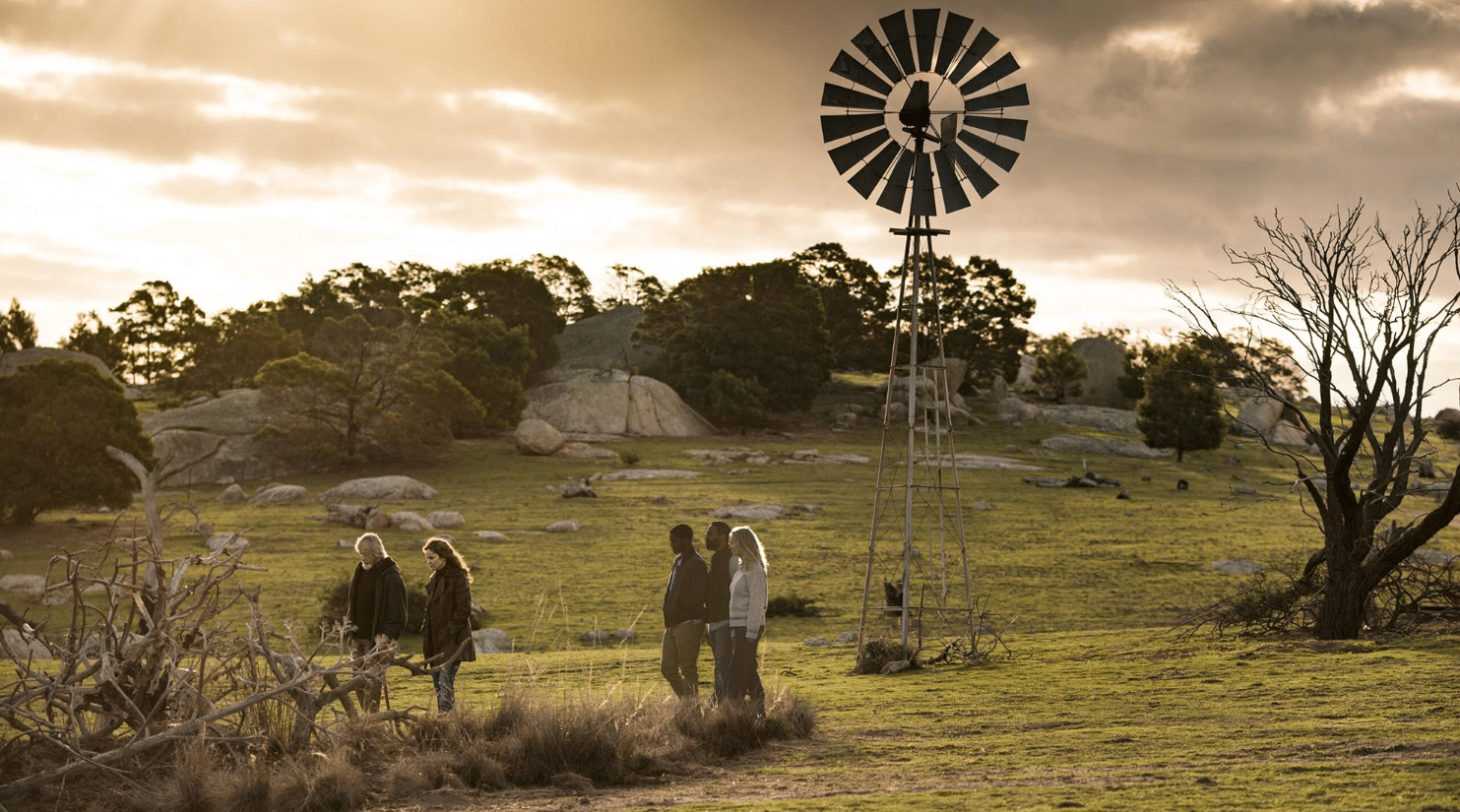
Look, The Leftovers isn’t for everyone—and that’s part of what makes it special. It’s messy, emotional, and full of unanswered questions. But if you let it in, it hits harder than almost anything else on TV. The premise alone is genius: 2% of the world’s population vanishes without explanation, and no one knows why. But instead of focusing on the mystery, the show zooms in on the people left behind—and how they try (and often fail) to make sense of grief, guilt, and belief.
Damon Lindelof took big swings here, and the result is a show that feels spiritual without being preachy, intimate without being small. Some episodes feel like emotional gut punches. Others are pure poetry. If Breaking Bad is the brain, The Leftovers is the soul.
7. Bob’s Burgers
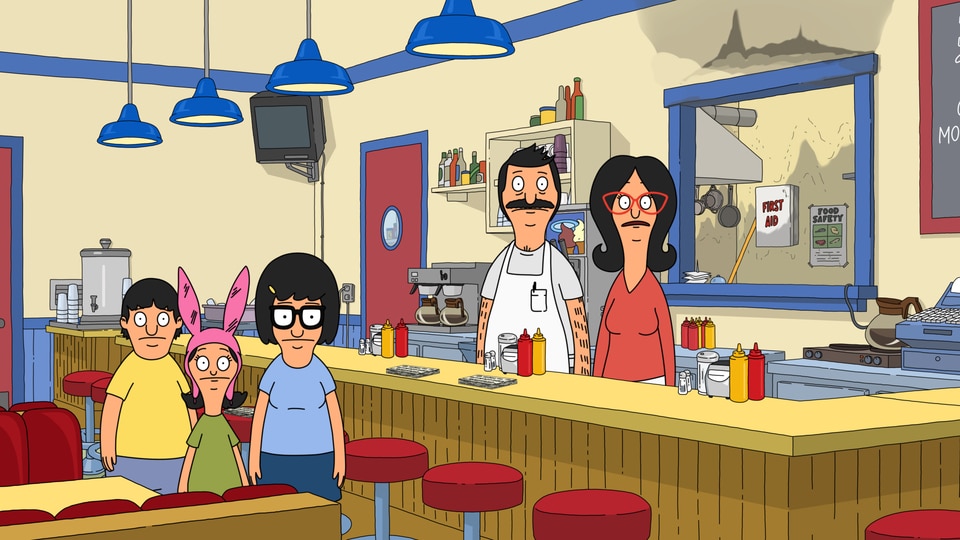
In a sea of loud, edgy animated sitcoms, Bob’s Burgers carved out a space by doing something wild: being nice. It’s weird, yes—but it’s also warm. The Belcher family is dysfunctional in all the best ways, but at the end of the day, they like each other. That alone makes it kind of radical. The humor is offbeat, the voice cast is stacked (H. Jon Benjamin, Kristen Schaal, and more), and the writing is sneakily brilliant. Every episode is a little slice of comfort food. It’s the kind of show you throw on when you need to laugh, or feel better about the world, or just hear Linda yell “Alright!” in her chaotic mom voice.
8. Atlanta
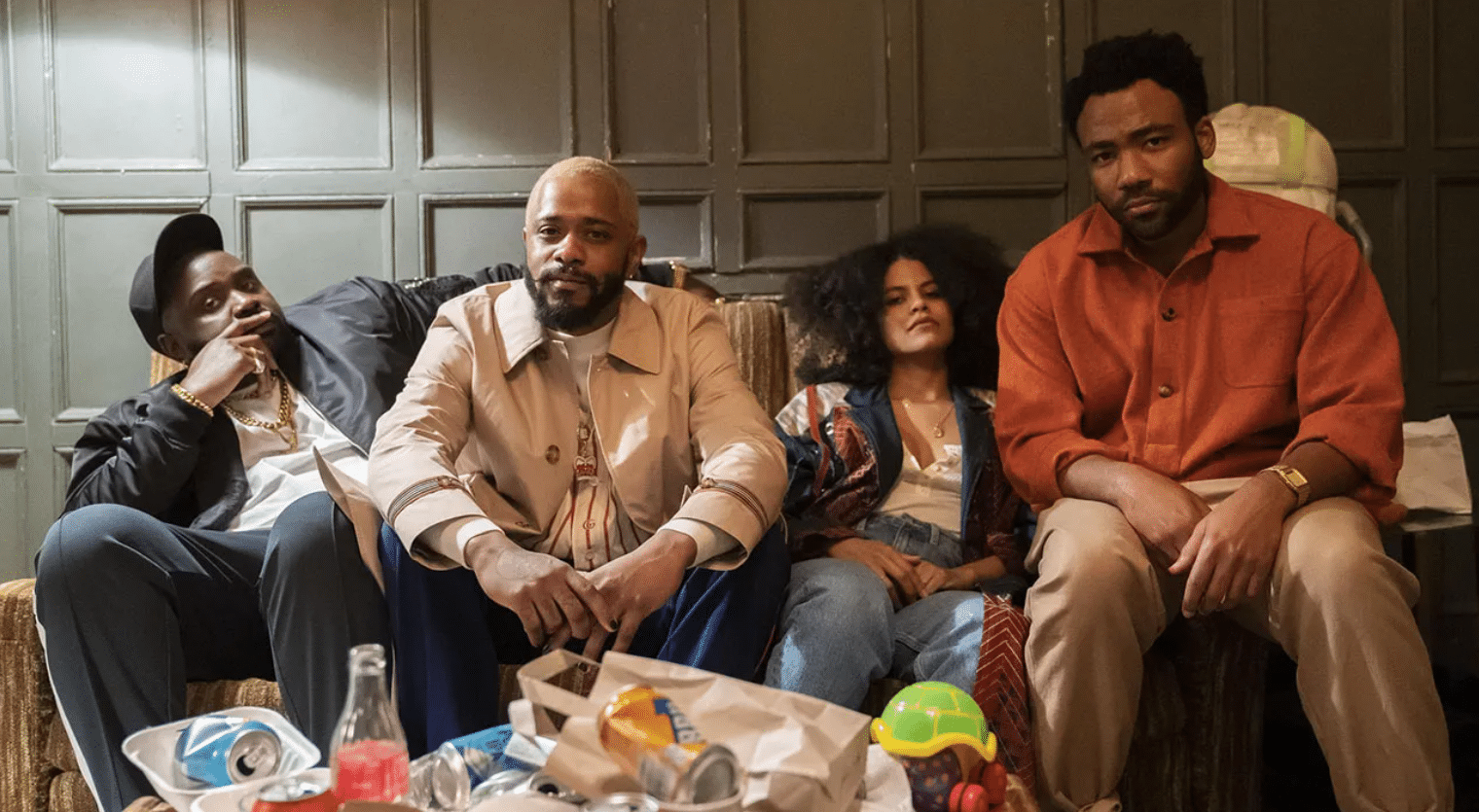
No show keeps you guessing like Atlanta. Donald Glover didn’t just create a comedy—he built a shape-shifting, surreal, genre-blending series that somehow feels like real life and a fever dream. One episode’s about Earn managing Paper Boi’s career. The next is a horror movie. Then you’re watching an invisible character throw a party in a treehouse. The show plays with structure, tone, even time—and it works because it trusts the audience to keep up. It’s also one of the sharpest commentaries on race, fame, and identity in modern media. If TV were a playground, Atlanta is the kid who brought their own toys and rewrote the rules.
9. Succession
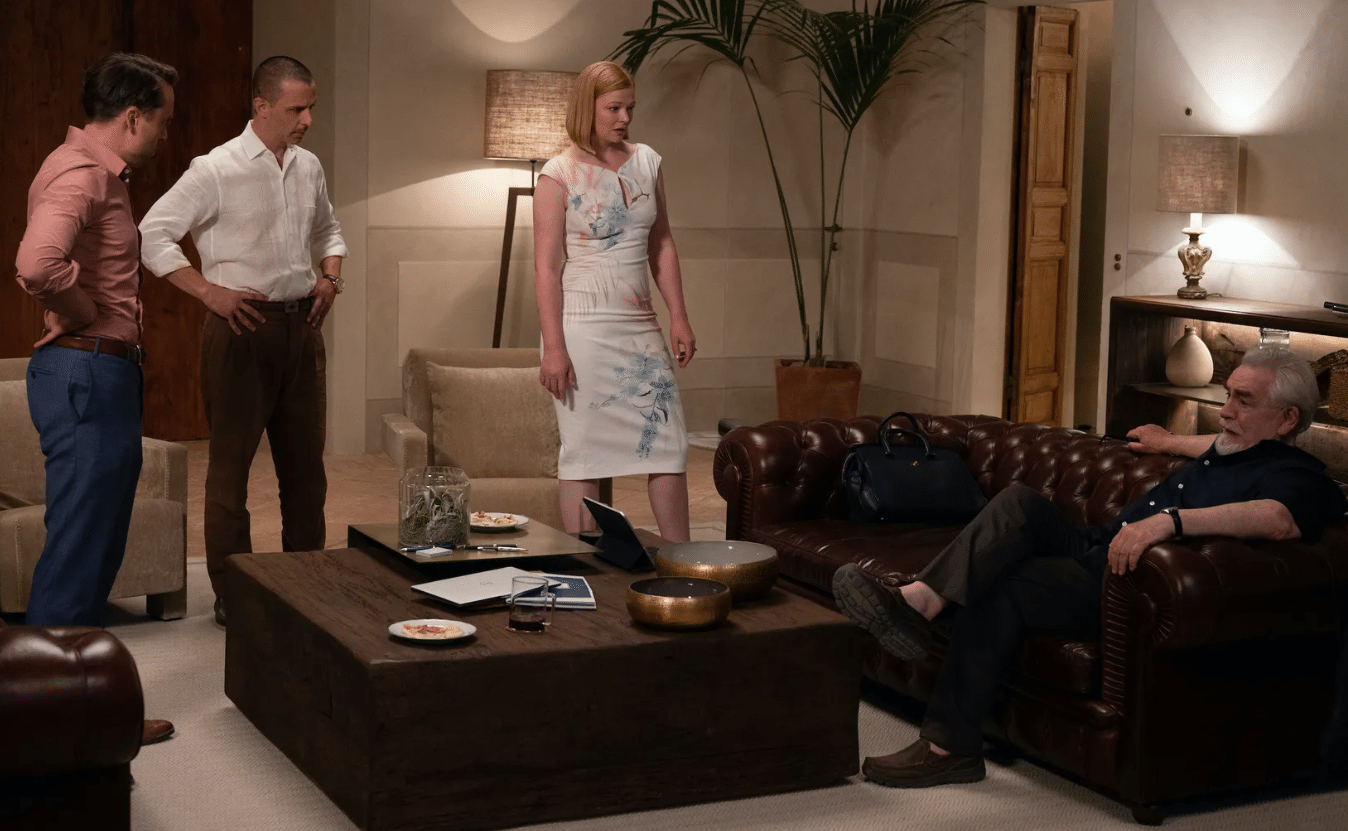
Let’s be honest: rich people behaving badly has always been good TV. But Succession made it art. Every scene is a chess match of insults, power grabs, and backstabbing—all delivered in dialogue so sharp it could cut glass. The Roy family is deeply broken, endlessly toxic, and somehow totally compelling. You don’t root for them, but you can’t look away. Beyond the memes and quotables, the show’s brilliance lies in how it mixes pitch-black comedy with Shakespearian tragedy. By the end, you’re not just watching a business empire implode—you’re watching a family destroy itself, piece by piece. It’s cold, it’s brutal, it’s iconic.
10. Psych
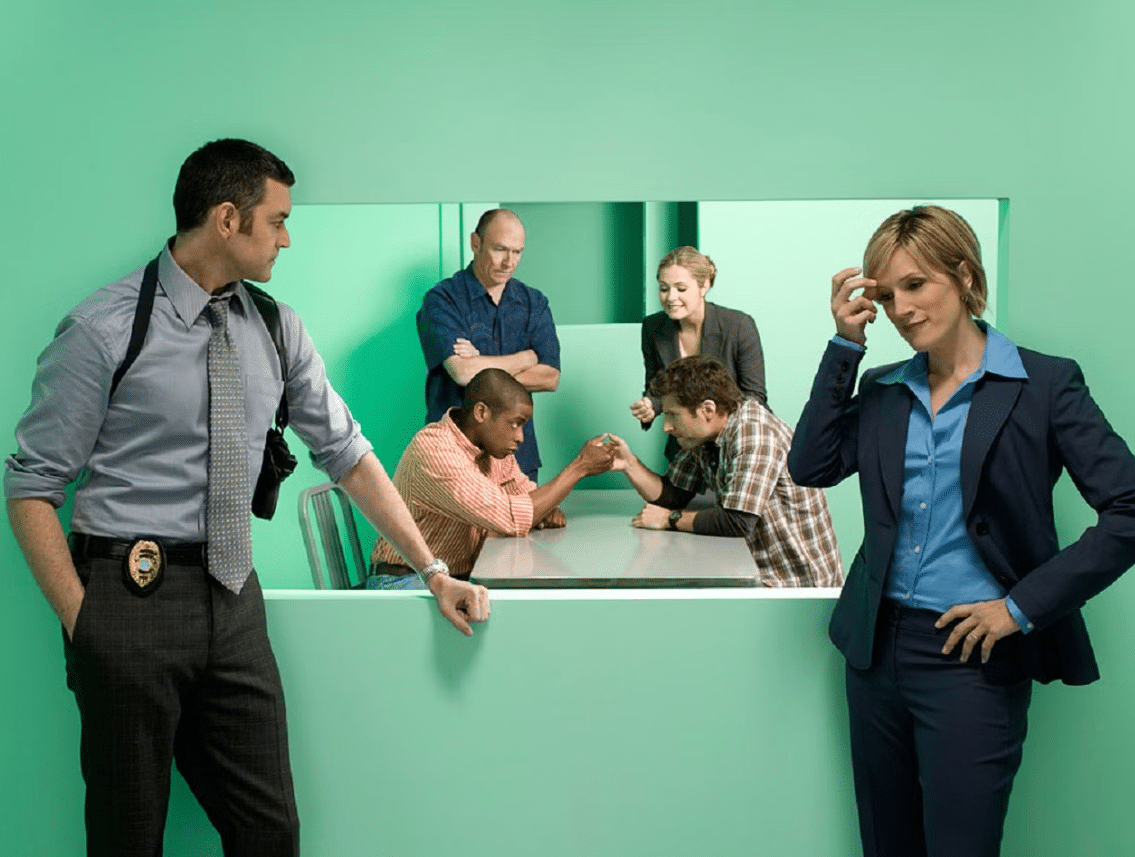
Yeah, we’re ending on a wildcard—but hear me out. Psych doesn’t get enough credit for how good it actually is. It took the crime-of-the-week format and injected it with absurd humor, 2000s pop culture references, and one of TV’s best bromances (Shawn and Gus forever). It never tried to be gritty or prestige—it was just smart, funny, and full of heart. And in an era where shows are either deeply depressing or trying way too hard to be “important,” Psych stood out by being purely fun without being dumb. Plus, it aged like a fine pineapple.
Final Thoughts
So there you have it—ten shows that didn’t just entertain us, but totally reshaped what we expect from television. Some were weird. Some were devastating. A few made us cry into our snacks. But every single one pushed boundaries, flipped genres, or left us thinking about that one scene for days.
And honestly? That’s what great TV does. It sticks with you. It surprises you. It makes you want to tell everyone you know, “You have to watch this.”
Think we missed a big one? (The Wire fans, we see you.) Let us know—we’re always down to argue about TV.

